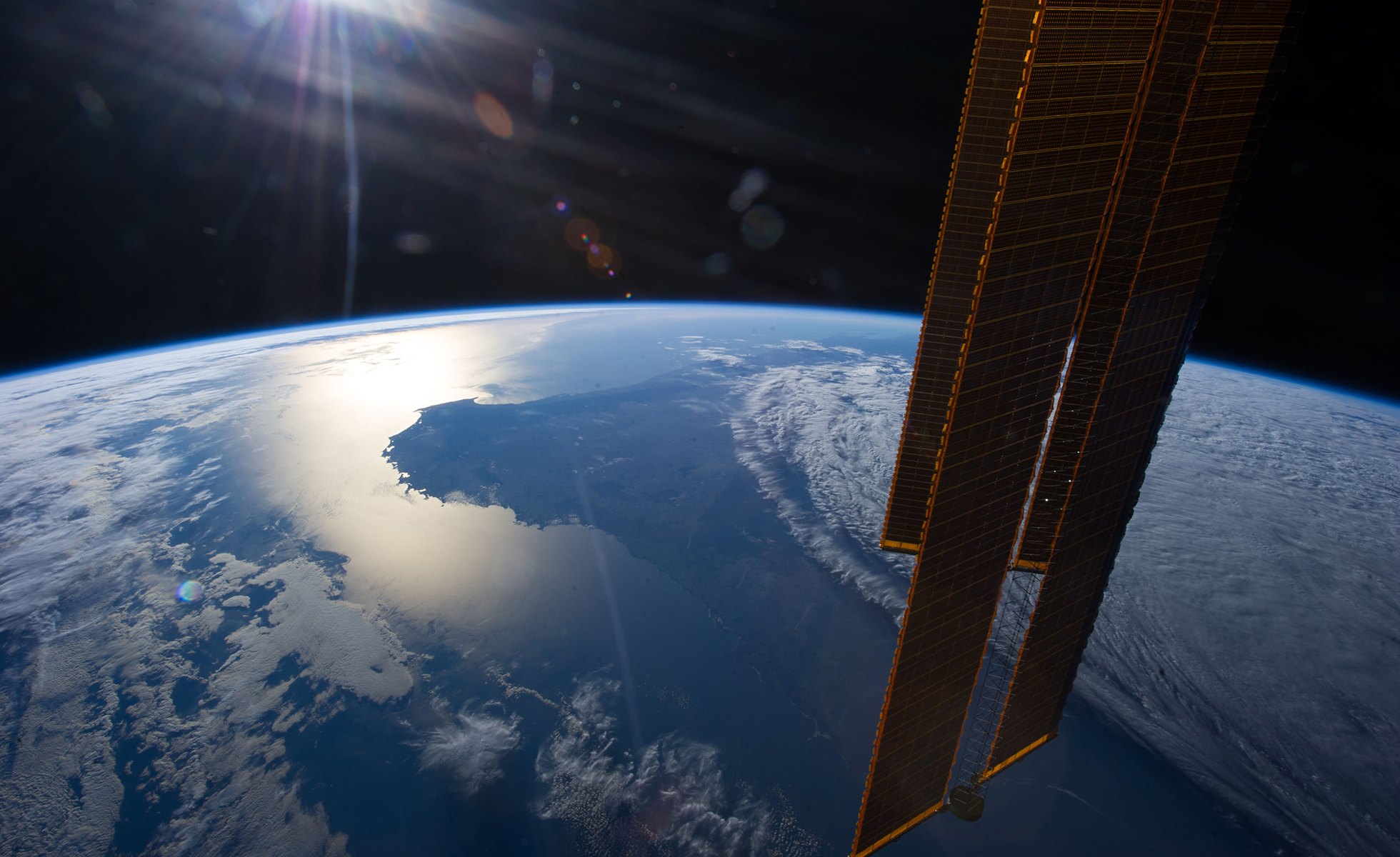Technology moves in leaps and bounds. As someone who grew up before home computers, transoceanic phone lines, jet planes, satellites, organ transplants, birth control pills, photocopiers, hand-held calculators or cellphones, I’m amazed at how quickly technological innovation is occurring and by its profound effects on society. Every day, products are becoming smaller, faster, more efficient and accessible to a greater number of people.
Despite the phenomenal advances in everything from communications technology to transportation to energy systems, many people still believe the only way to get energy is to burn fossil fuels, as we’ve been doing since the dawn of the Industrial Age almost 300 years ago! In fact, evidence suggests people have been burning coal for heat as far back as 3490 BC in China.
Naysayers have always been with us. At various times, people have argued that humans would never be able to travel the oceans in steam-powered ships or fly in airplanes, let alone send spacecraft beyond the solar system. Street lights were controversial in the early 19th century. Some saw them as impossible. Others argued they would lead to increased illness, declining morals and rejection of God’s plan for periods of light and dark. At one time or another, people have claimed telephones, trains, automobiles, computers, nuclear power and radios were impossible or impractical. Many technological leaps stoked fears, often valid, that new inventions would put people out of work. The growing automobile industry in the early 20th century killed jobs in the horse-and-buggy business.
We’ve long been using coal, oil and gas for heat and energy for good reasons. They’re incredibly powerful and valuable resources that both provide and store energy. And they’re inexpensive — if you don’t take into account the costs of environmental damage and pollution-related health care. Millions of years ago, plants and microscopic organisms captured and transformed energy from the sun through photosynthesis, storing it in carbon and hydrogen bonds. As those plants and microorganisms died and were buried under layers of sediment, heat and pressure compressed the energy.
Despite their efficiency and cost, fossil fuels aren’t better energy sources than solar, wind and tide, even though renewables require separate storage for large-scale deployment. Fossil fuels pollute the environment, cause illness and death, accelerate global warming and damage or destroy ecosystems. They’ll also eventually run out. They’re already more difficult and expensive to obtain. Easily accessible sources are becoming depleted, spurring increased reliance on damaging and dangerous unconventional sources and methods such as oilsands, deep-sea drilling and fracking.
Fossil fuels are useful for many purposes beyond generating energy — some of which we have, no doubt, yet to discover. They’re used for medicines, plastic products and lubricants — another reason inefficiently burning through our limited supplies makes no sense.
Fortunately, clean energy technologies are improving daily. Just as many people are surprised at the rapid development of computing technologies used in smartphones and other devices, we’ll continue to see amazing developments in renewable energy. Wind and solar are improving and coming down in cost, as are energy storage systems. Electrical grid management systems are changing with advances in computer science. Innovative ideas like biomimicry are showing great promise in the energy field with research into areas like artificial photosynthesis.
Embracing science, innovation and progressive ideas gives us hope for a healthier future. It’s unfortunate that so many people, including government leaders in the U.S. and parts of Canada, are rejecting brilliant new ideas in favour of outdated and destructive ways of generating energy.
We’re well into the 21st century. If humans want to make it to the 22nd, we must change course. Science offers great tools for understanding and innovating. We owe it to ourselves to at least understand how science acquires and integrates knowledge and what that means. We can’t just keep digging up and burning non-renewable resources, polluting air, water and land and putting human health and survival at risk. Nor do we have to. We have better options.

